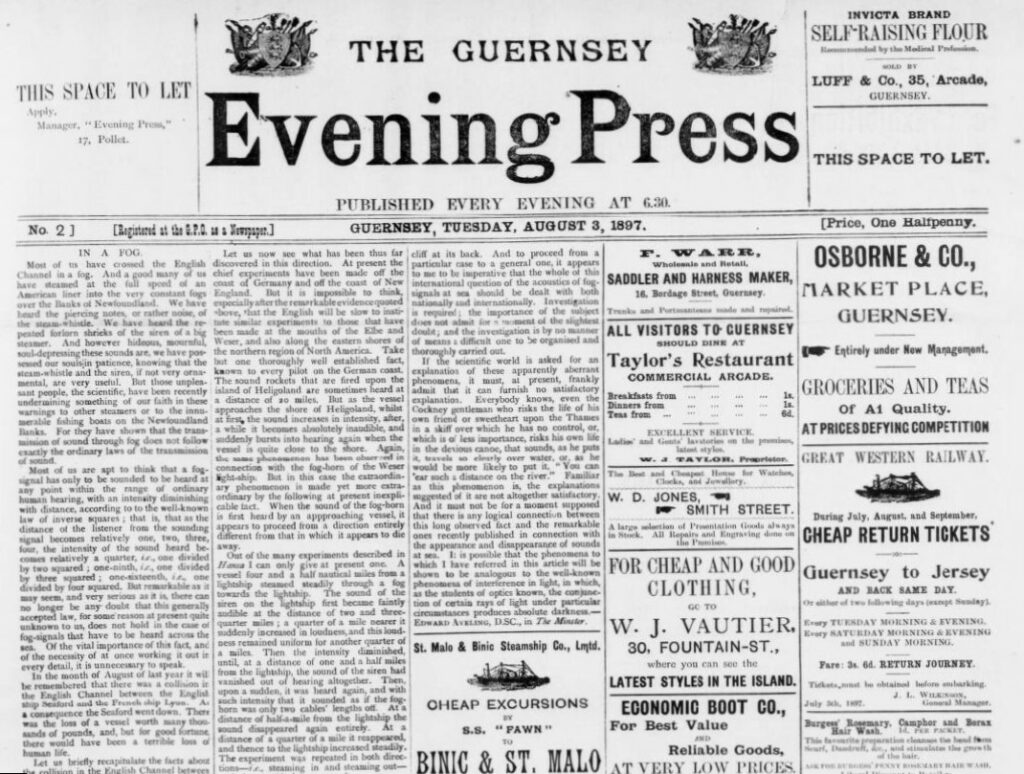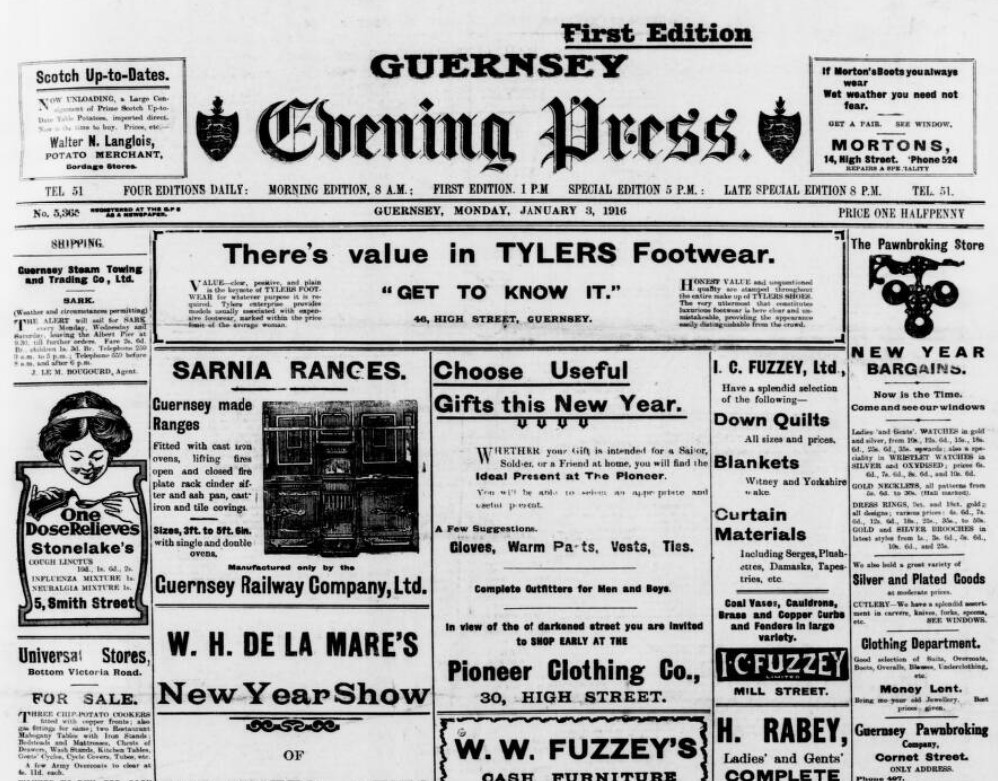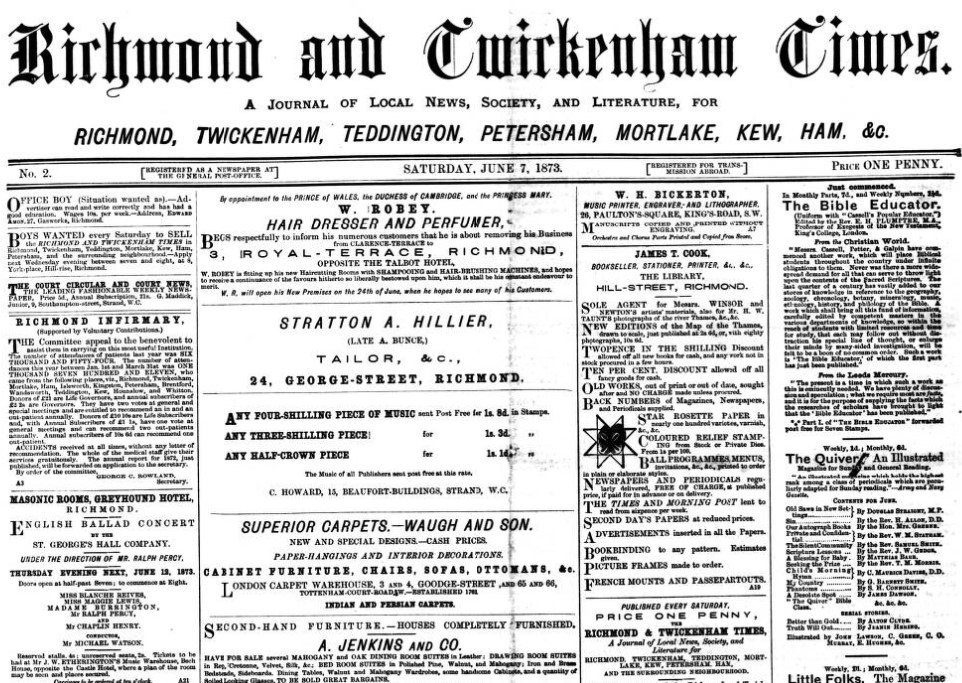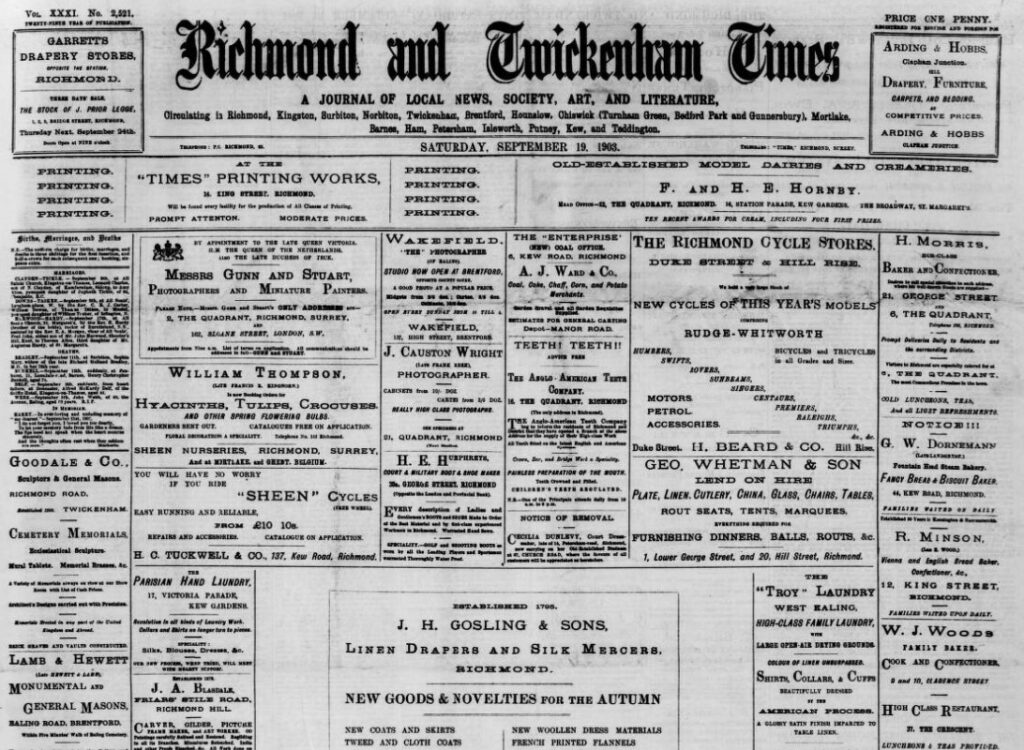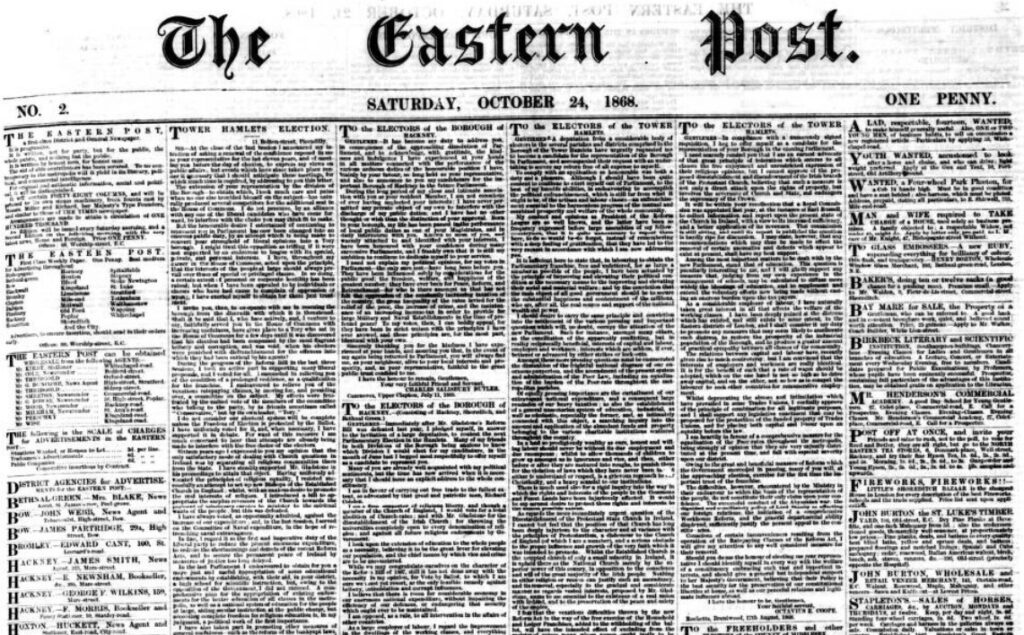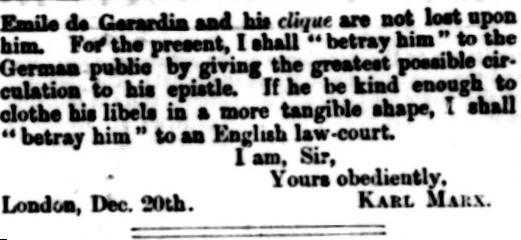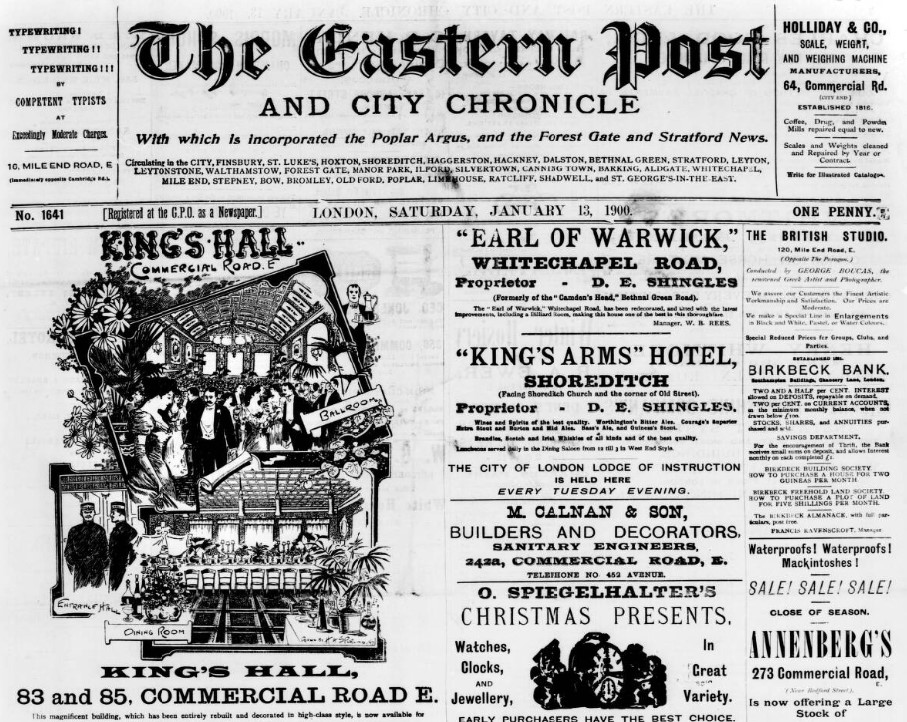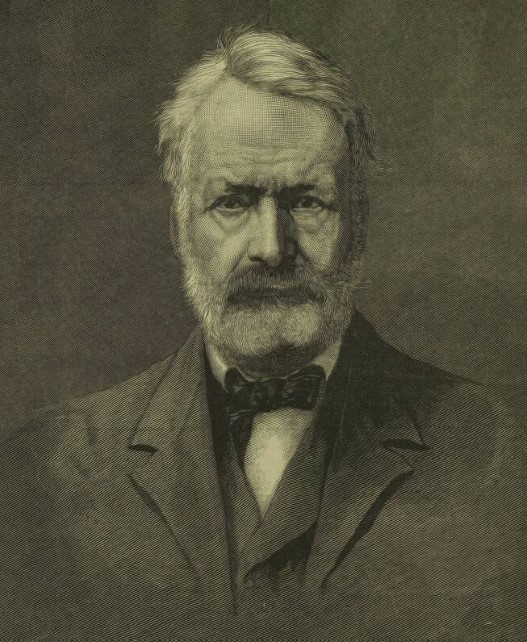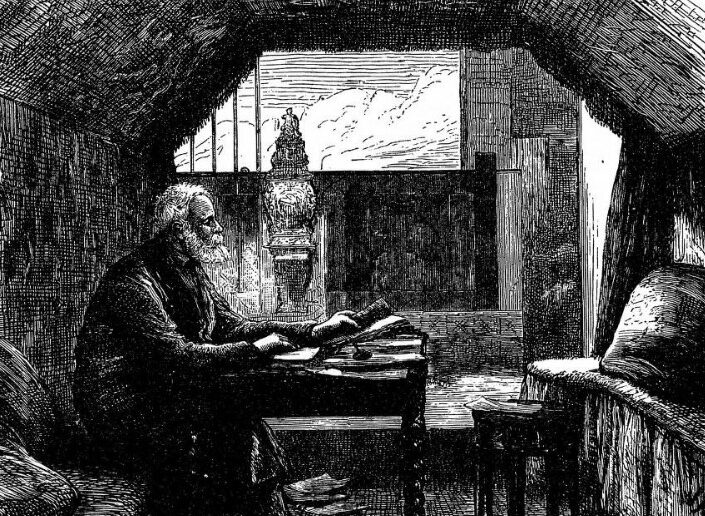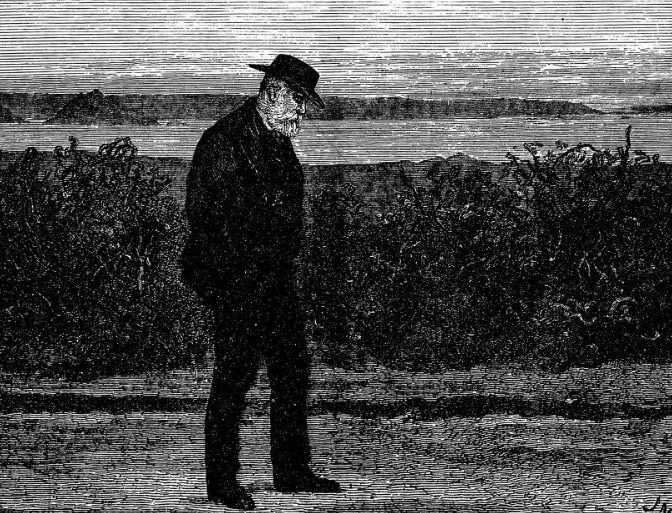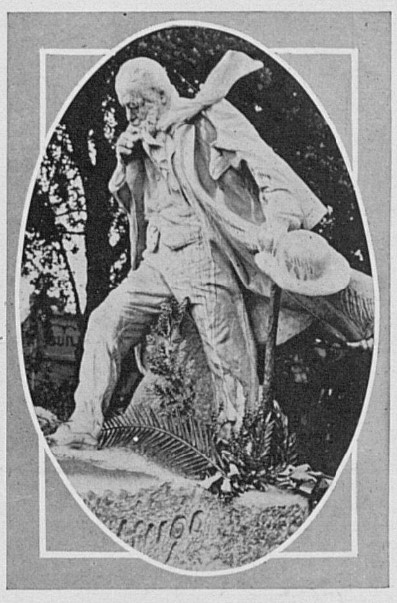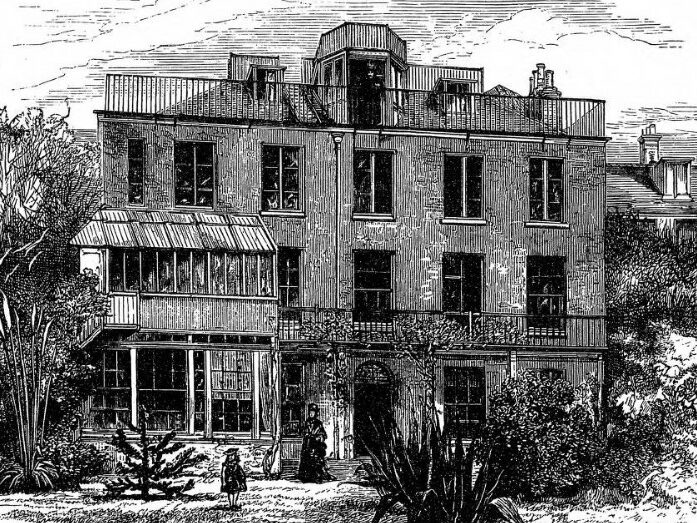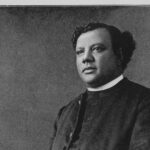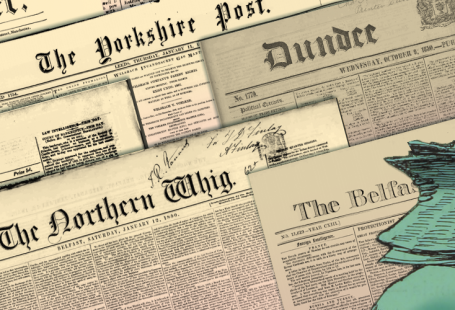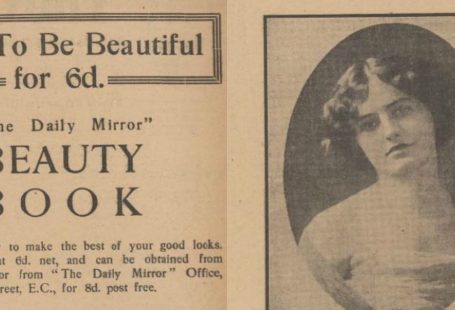This week at The Archive we are proud to welcome a gem from Guernsey to our collection of newspapers, with the addition of the Guernsey Evening Press and Star. Meanwhile, we have added two further brand new titles from London’s East and West, as we have passed the spectacular milestone of 67 million pages all now available to search.
And that’s not it, over the last week alone we have added a total of 470,868 brand new pages to The Archive, with updates to seventeen of our existing titles, from Bexhill to Belfast, from Greenford to Gwent, from Callander to Cornwall. So read on to discover more about all of our new and updated titles of the week, as well as to find out more about French writer and politician Victor Hugo’s connection to Guernsey.
Register now and explore the Archive
It’s only fitting, therefore, that we begin our tour through our trio of new titles this week in Guernsey, with the Guernsey Evening Press and Star. First published on 31 July 1897 in Saint Peter Port, the capital of the self-governing British Crown Dependency of Guernsey, in the Channel Islands, the title was initially known just as the Guernsey Evening Press and was published every evening at 6.30pm, at the cost of just one halfpenny.
The first edition of the new publication stated its mission as follows:
Our intentions are, primarily, to supply a complete summary of the news of the day, local and general. Guernsey is to a great extent isolated from the rest of the world by the sea, and consequently it is more self-contained and has not that vital and personal interest in the doings of the British Parliament etc., that communities in Great Britain have. Nevertheless its people like to know what is going on in the great world beyond the waters, but naturally they prefer to read of these things in a paper which also informs them of what is going on at the their own doors. We shall endeavour to do all this, giving local affairs minute attention and a short crisp summary of the news of other parts of the world.
True to its word, the early editions of the Guernsey Evening Press and Star filled its four pages with local news, as well as looking at the affairs of the Channel Islands in ‘Imperial Parliament.’ The title showcased local enterprises, and chronicled the goings-on of the island’s clubs, including the Guernsey Swimming Club and other sporting societies.
Meanwhile, the Guernsey Evening Press and Star looked further afield to detail international news and the latest from the ‘Royal Court,’ whilst looking at sporting events, such as racing, that were held away from the island. The title also incorporated ‘Nautical Jottings,’ as well as publishing the telegrams received on the day of publication.
During the occupation of Guernsey by Nazi forces in the Second World War, the Guernsey Evening Press was subject to censorship. Due to a shortage of both staff and materials, during this time the title was published on alternate days. However, the newspaper survived the occupation and in 1951 it purchased the long-running Guernsey Star, which had been established in 1813, to become the Guernsey Evening Press Star.
The title is still published to this day as the Guernsey Press, the only daily newspaper to be published in Guernsey. As of 2011, it had a daily circulation of 15,000 copies.
We travel to London now for our next two new titles of the week, and it’s to London’s West that we journey to first as we introduce the Richmond and Twickenham Times to our collection. This title was first published on 31 May 1873 at the cost of one penny, and it set out to be a ‘A Journal of Local News, Society, and Literature, for Richmond, Twickenham, Teddington, Petersham, Mortlake, Kew, Ham, &c.’
Published weekly on a Saturday, the Richmond and Twickenham Times was founded by 26-year-old Edward King, who ensured that his newspaper was politically independent. Indeed, he stated his intentions on this matter quite clearly in the publication’s inaugural edition:
In political matters we taken an INDEPENDENT position, as we cannot believe in an infallible party on either side of the House. Whenever we find it necessary to discuss topics of political interest, we shall always side with the men who support just and good measures whether Liberal or Conservative…As we are not the organ of any local clique or party, we shall carry our spirit of independence into the discussion of matters of local interest and importance, fully convinced that such a policy is not only right, but one which will insure us the respect of our readers.
Local matters, therefore, would take utmost importance in the pages of the Richmond and Twickenham Times, as the debut editorial declaring:
In our reports of local matters, we shall endeavour to combine variety with brevity, thus making the Richmond and Twickenham Times, as far as possible, and epitome of local events, and a readable journal for all classes, and of interest to every resident.
Indeed, the Richmond and Twickenham Times proved to be an eminently thorough newspaper, filling its eight pages with news from the district. It chronicled the latest from Richmond parish church, the Richmond infirmary, the Richmond Cricket Club, the Richmond Select Vestry, the Richmond Police Court, the Richmond Petty Sessions, as well as describing accidents and the weather in the area. The publication looked beyond Richmond, moreover, to describe the news from Ham Common, Twickenham, and Mortlake.
A robust newspaper, the Richmond and Twickenham Times included pieces on current affairs, featuring articles like the ‘Succession to the Papacy’ and a look at ‘The Mormons in London,’ also including ‘Parliamentary Intelligence,’ ‘Foreign Telegrams’ and ‘Literary Notices.’
Edward King’s 21-year-tenure at the Richmond and Twickenham Times tragically came to an end when he was declared insane. In 1896 the newspaper was taken over by the Dimbleby family. From 1946 it was edited by journalist and broadcaster, and the BBC’s first ever war correspondent, Richard Dimbleby (1913-1965). Upon Richard Dimbleby’s death his son David Dimbleby (b. 1938) took over as editor, with the newspaper still being printed from its offices in King Street, Richmond.
Following David Dimbleby was editor Malcolm Richards, whose 27-year-stint in the role saw him become the country’s longest ever serving newspaper editor. Richards was in position when the newspaper was sold to Newsquest, and he retired in 2003.
The Richmond and Twickenham Times is still running to this day, as a free weekly local newspaper. Published now in Sutton, it is delivered to over 35,000 homes in the area.
Our final new newspaper of the week is the Eastern Post, which first appeared on 18 October 1868 at the cost of one penny. A Saturday newspaper, the inaugural edition of the title was actually published on a Sunday, and it declared:
To-day the Eastern Post makes its FIRST APPEARANCE. It will be a first class District and General Newspaper. It will be progressive. It will be written, not for the party, but for the public. It will be written by honest men, for honest men…It will contain FORTY-EIGHT COLUMNS, and will be printed by its own steam machinery, from founts cast by Messrs. Miller and Richard, her Majesty’s Type Founders, and similar to those of THE TIMES newspaper. Arrangements are made to attain a circulation of ONE HUNDRED THOUSAND.
Circulating through ‘Bishopsgate, Bethnal-green, Bow, Blackwall, Bromley, Clapton, Dalston, Finsbury, Hackney, Homerton, Hornsey, Hoxton, Ilford, Kingsland, Limehouse, Mile-end, Millwall, Old Ford, Poplar, Shoreditch, Spitalfields, Stepney, Stoke Newington, St. Luke, Stratford, Tottenham, Walthamstow, Wapping, Whitechapel and the City,’ the Eastern Post was decidedly Liberal in its politics. Indeed, the newspaper had a reputation as a workers’ paper, and was actually the organ of the General Council of the International Workingmen’s Association from February 1871 to June 1872.
The International Workingmen’s Association had been founded some years before in 1864 at a meeting held at St. Martin’s Hall, London, and it brought together various left-wing socialist, communist and anarchist groups, as well as trade unions, that were all founded on the struggles of the working classes. Congresses of the organisation across Europe then followed, in Geneva, Lausanne, Brussels, Basel and The Hague, with a split occurring between the Marxist and anarchist factions of the group in 1872.
Indeed, the Eastern Post actually featured letters sent to the title by German philosopher Karl Marx (1818-1883), Marx having lived in the British capital since 1849. The newspaper also published letters from his friend and fellow philosopher Friedrich Engels (1820-1895).
What else did the eight pages of the Eastern Post feature? Its six columns were tightly packed with news from the local area, with details of the meetings of the Bethnal Green Board of Guardians, the Whitechapel Board of Works, the St. George’s Vestry, the Hackney Board of Guardians, the Bethnal Green Vestry, and the Limehouse Board of Works all being recorded in its pages, as well as news of deaths and accidents in the district.
The Eastern Post looked beyond the East End too to cover the ‘Police Intelligence’ from across London, from the likes of Marylebone, Clerkenwell and Lambeth, whilst also publishing foreign news from France, Spain and Germany. The newspaper also featured poetry, the latest from the theatres and the ‘latest telegrams.’
That’s it from our new titles of the week, but more is in store for you with our updated titles. Highlights include the nearly 50,000 brand new pages we have added to the Manchester Evening News, which cover the years from 1929 to 1989, whilst we have also updated three of our Brighton-based newspapers.
You’ll also find updates to our Northern Irish title the Weekly Examiner (Belfast), whilst we’ve also added new pages to two of our Scottish titles (the Callandar Advertiser and the Rutherglen Reformer) and to two of Welsh titles as well (the Gwent Gazette and the Welsh edition of the Liverpool Daily Post).
Victor Hugo In Guernsey
Writer and politician Victor Hugo, famed for his works Les Misérables and The Hunchback of Notre-Dame, lived in political exile following Napoleon III’s seizure of power in France in 1851. Hugo initially settled in Jersey, where his support for a newspaper that condemned Queen Victoria saw him expelled from that island, before he came to Guernsey, where he would live in exile from October 1855 to 1870.
Our new newspaper the Guernsey Evening Press and Star contains many anecdotes about the famous writer. Indeed, one article from 27 August 1909 was entitled ‘Memories of Victor Hugo,’ and described how he came to the island to live and work:
Victor Hugo is a great memory here. When exiled from France in 1851, he settled for a while in Jersey. But he and other French exiles scoffed at the rulers of Jersey and at its constitution. This led to their expulsion.
Hugo came to Guernsey, where he lived and wrote. His house is a great show-place, full of interesting furniture, carvings, paintings, etc., which the novelist collected.
The piece also describes his study at his home of Hauteville House, in Saint Peter Port:
His study, covered with glass, is on the roof, and commands a grand view. For the heights of St. Peter Port overlook a fine bay, with Sark in the distance, and Herm and Jethou midway between.
The legacy of Victor Hugo was kept alive in Guernsey through displays at Hauteville House, which included some art produced by the great writer. An article in the Guernsey Evening Press and Star describes how:
Among all the objects associated with Victor Hugo, now on exhibition at his old residence, particular attention centres around a glass case containing some of his imaginative drawings. The chief interest lies in the fact that they all deal with oriental life, from the ‘inner consciousness.’
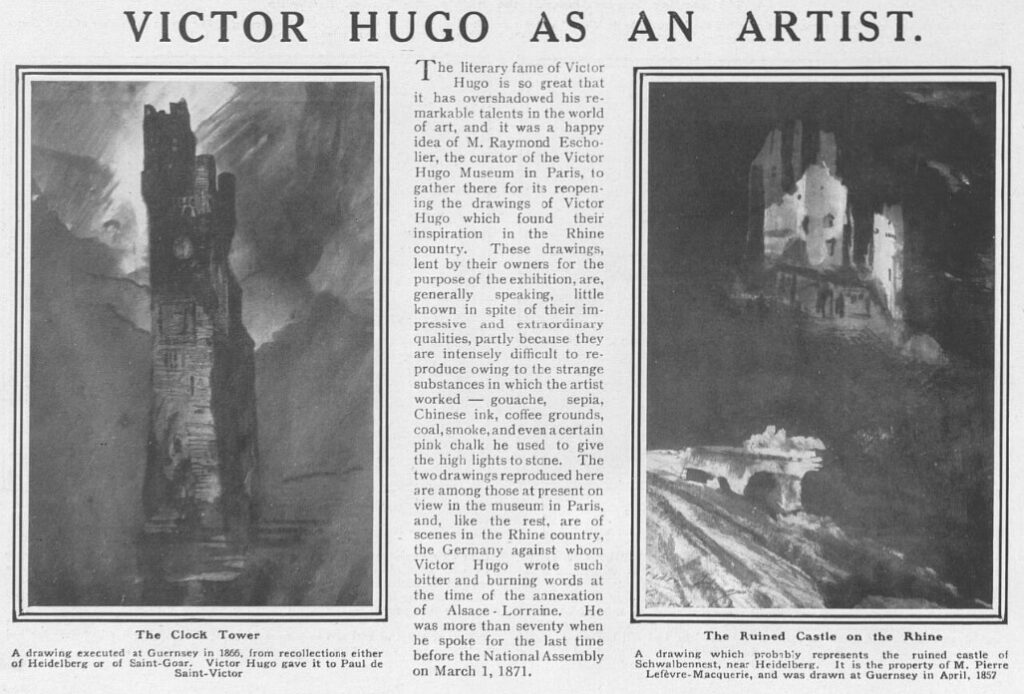
The piece continues:
Hugo, who never saw India or the Ganges, revelled in drawing its stately palaces, its pagodas, and the gorgeous beauties of its scenery, as he conceived of them from his readings. The result is one of deep interest, and the creations of the imagination, pure and simple, are quite worthy to appear side by side with the great majority of drawings executed from the regulation ‘study.’
As well as descriptions of artefacts associated with Victor Hugo, the newspaper also featured recollections of those who interacted with him during his long stay in Guernsey. Some ‘personal reminiscences’ were collected by the Guernsey Press and Star, including one about the novelist’s coachman, which was published on 18 April 1914:
Such was the young coachman who for some twelve years or more regularly drove the poet Hugo, drove him for a couple hours every day while he was in Guernsey. At that time Luscombe was a young fellow of 17, or thereabouts, he is now over 75 years of age, and was in the employ of Mr. Newbury of St. Martin’s.
The article continues:
The vehicle was a simple one-horse open carriage, a small barouche, and it was ordered to be at Hauteville House every day just before four of the afternoon. That was the standing order. But whenever there was heavy rain, or much rain, young Luscombe knew that the carriage would not be expected and the vehicle would not be got ready. A little intermittent shower would not stop the outing.
By the summer of 1914 Guernsey was gearing up for a great celebration of the writer, the Victor Hugo Fetes. An article published on 3 July 1914 describes the event in great detail, with a procession being held in Saint Peter Port to mark the occasion. British naval officers were to march side by side with French naval officers, to celebrate the ongoing entente cordiale between the two nations, as well as the legacy of Victor Hugo.
The celebrations were nothing but lavish, the Guernsey Evening Press and Star describing how:
The ornamental structure now being built by Mr. S. May on the State’s barge takes the form of a Japanese pagoda, designed by Mr. W. Newbury. Crowns figure at each corner, and on the second turret is a transparency ‘Vive la France.’ On the canopy will be arranged another transparency, with a central medallion, in blue, white and red. Crossed flags will be shown, with the inscription in luminous letters ‘Vive l’Entente Cordiale.’ Clasped hands are to be drawn beneath. The final piece consists of a large illuminated crown.
The barge, no doubt, would ‘form a conspicuous feature in the Pool,’ and it would also accommodate ‘the officials of the Swimming Club and various members of the life-saving class.’ Finally, 300 children at the ceremony were to be given a tea, hosted by the Lieutenant-Governor of Guernsey and catered for by Le Riche’s Ltd.
When France once again became a republic in 1870 Victor Hugo returned to Paris. But his strong connection with the island of Guernsey was a lasting one, evidenced through the recollections of him in the Guernsey Evening Press and Star. Find out more about Victory Hugo, Guernsey, and much more besides, in the pages of our newspapers today.
New Titles
| Title | Years Added |
| Eastern Post | 1868-1921 |
| Guernsey Evening Press and Star | 1897-1898, 1900-1909, 1911-1916 |
| Richmond and Twickenham Times | 1873-1879, 1894-1904 |
Updated Titles
This week we have updated seventeen of our existing titles.
You can learn more about each of the titles we add to every week by clicking on their names. On each paper’s title page, you can read a FREE sample issue, learn more about our current holdings, and our plans for digitisation.
| Title | Years Added |
| Bexhill-on-Sea Chronicle | 1887-1889, 1896-1897, 1912 |
| Billericay Gazette | 1987 |
| Brighton Argus | 1911 |
| Brighton Gazette | 1913 |
| Brighton Herald | 1886 |
| Callander Advertiser | 1888 |
| Essex & Herts Mercury | 1833 |
| Greenford & Northolt Gazette | 1992 |
| Gwent Gazette | 1971 |
| Liverpool Daily Post (Welsh Edition) | 1990 |
| Manchester Evening News | 1929-1930, 1932-1933, 1956-1957, 1959, 1989 |
| New Observer (Bristol) | 1987 |
| Rutherglen Reformer | 1890 |
| St. Ives Weekly Summary | 1899, 1914 |
| Stratford-upon-Avon Herald | 1880 |
| Weekly Examiner (Belfast) | 1886 |
| Wembley Observer | 1986 |
You can keep up to date with all the latest additions by visiting the recently added page. You can even look ahead to see what we’re going to add tomorrow.


